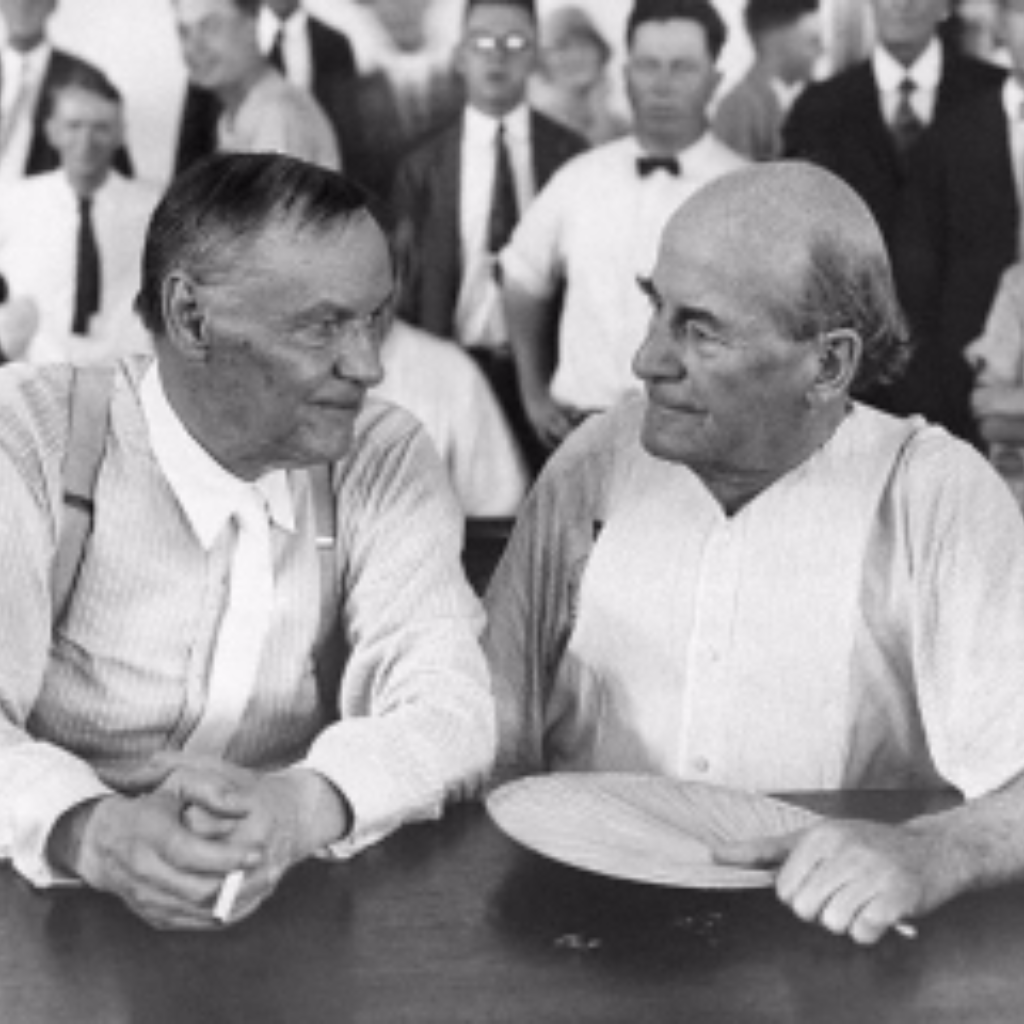ARCHIVED CONTENT
You are viewing ARCHIVED CONTENT released online between 1 April 2010 and 24 August 2018 or content that has been selectively archived and is no longer active. Content in this archive is NOT UPDATED, and links may not function.Extract from article by Ralph Losey
The five tips shared here are born out of a long history of document review. How relevant could past legal practice be you might ask? In 1980, just like today, document discovery was and still is a search for documents and communications that have probative value. The tools and document forms have changed, but not the basic tasks. The federal rules have changed too, but not that much, and the ethics of an attorney controlled discovery system, not at all.
Discovery has always been a search to determine what really happened, to sort out the conflicting stories and find evidence for use at trial. Legal counsel never creates facts. That is called falsification of evidence and is a crime. Attorneys just find the facts and then do the best they can with them; make them look as good as possible by legal argument and clever presentation. The discovery effort has always been a fairly cooperative one between attorneys. It has always been a question of trust but verify. Conversely, there have always been a few slime balls in the Bar who do not get that, but that is what judges (and Bar ethics committees) are for, and they soon sniff out the weasels. All things evolve and change, but some basic patterns remain the same.
Read the complete article at Five Tips To Avoid Mistakes In Electronic Document Review






















